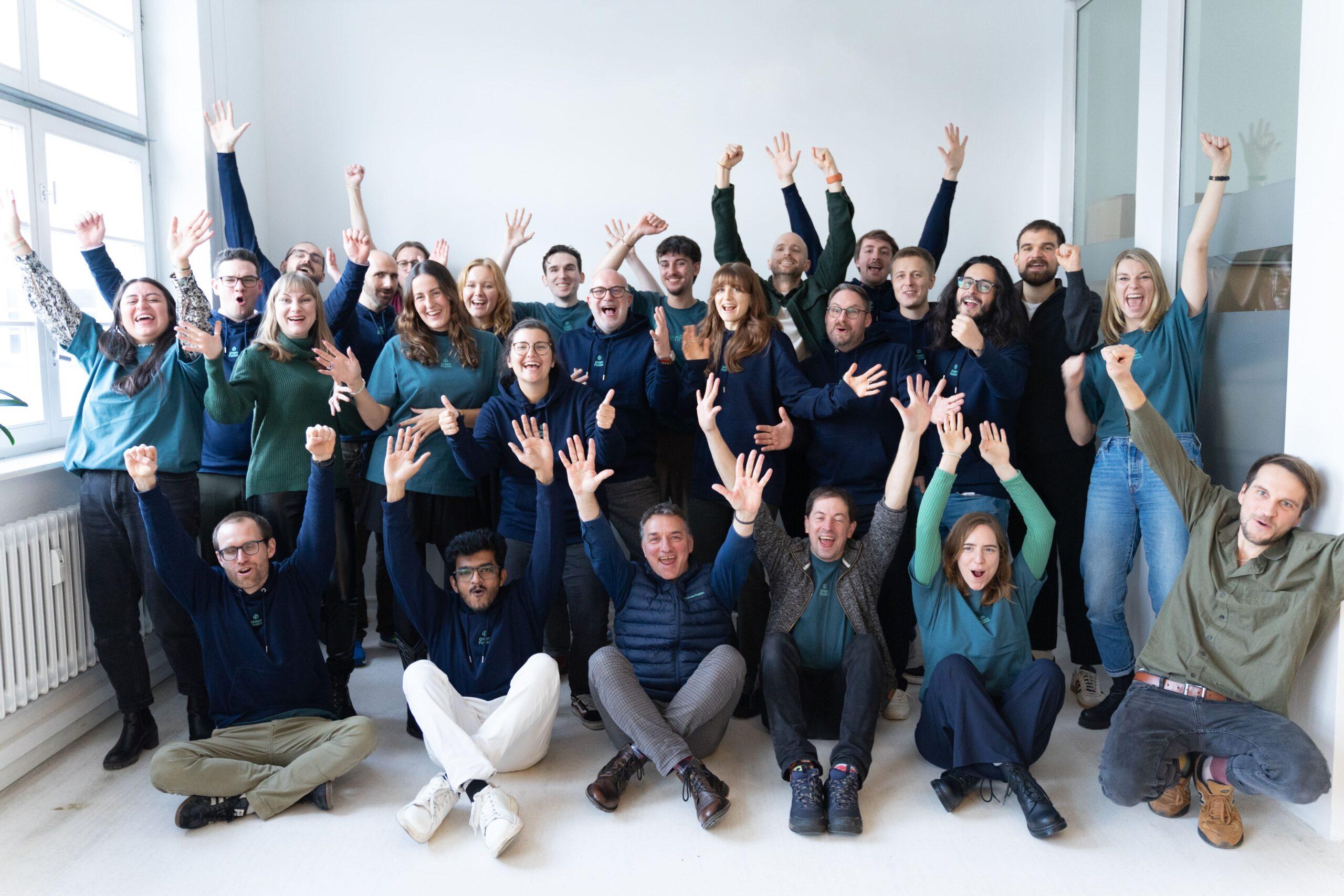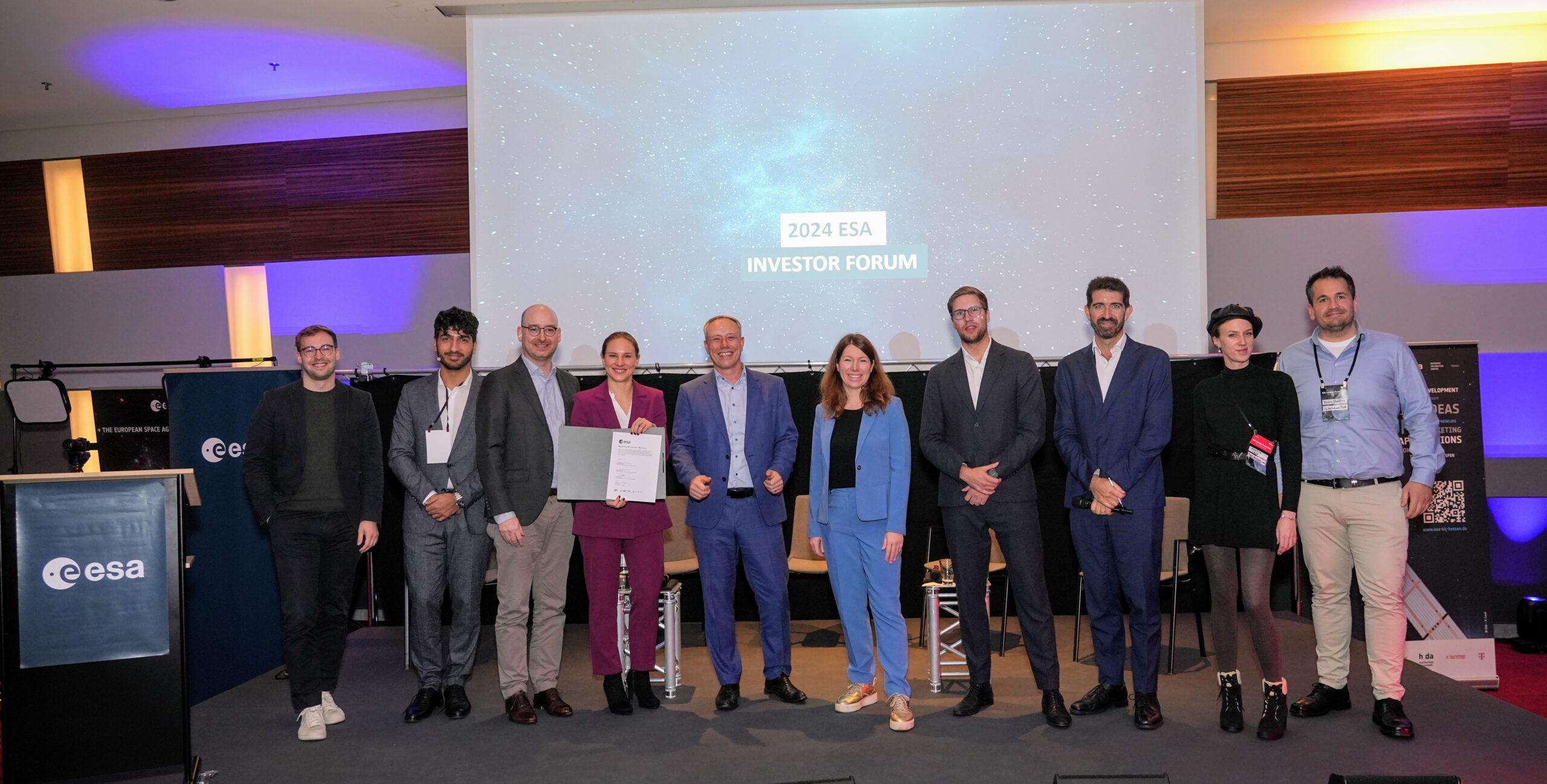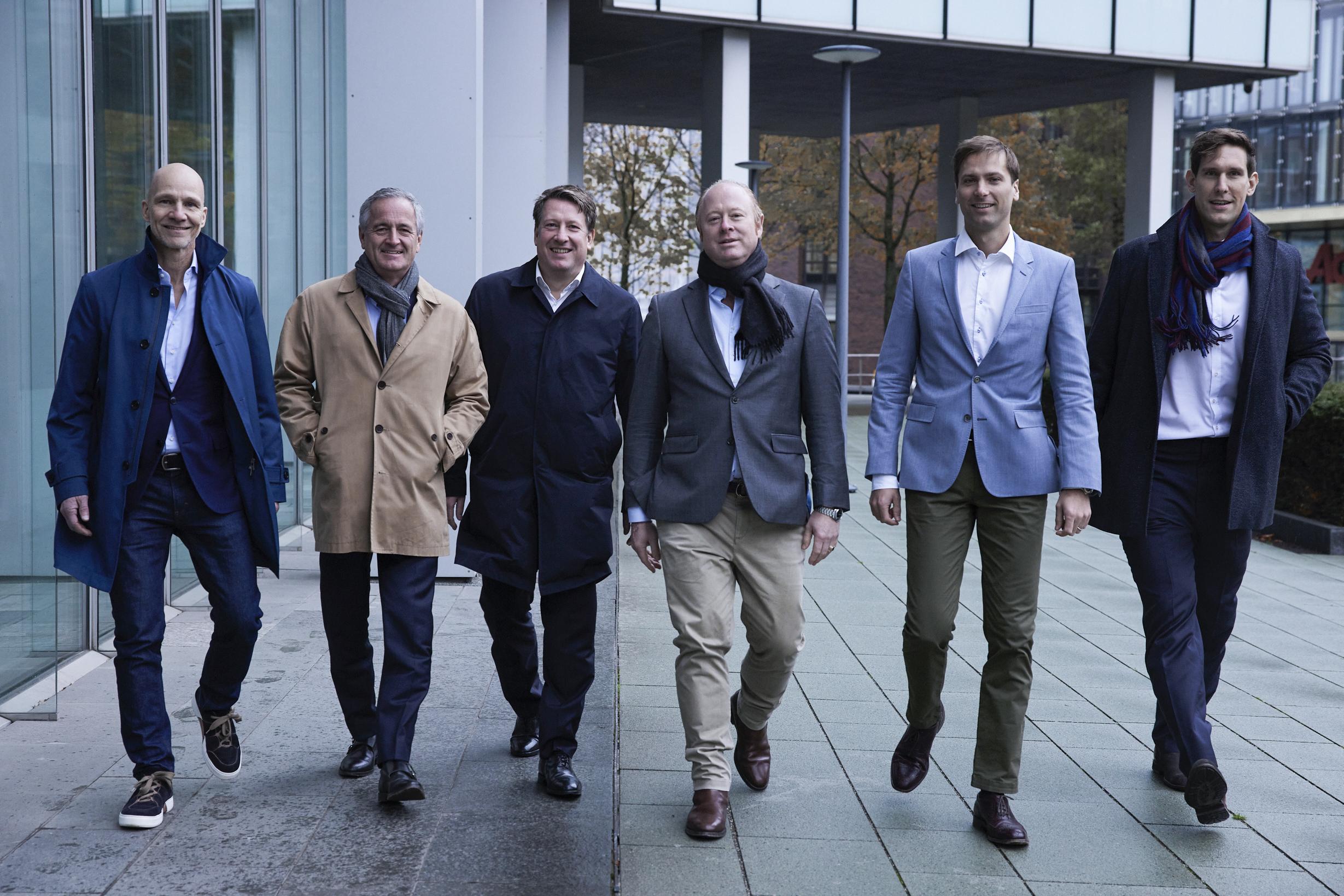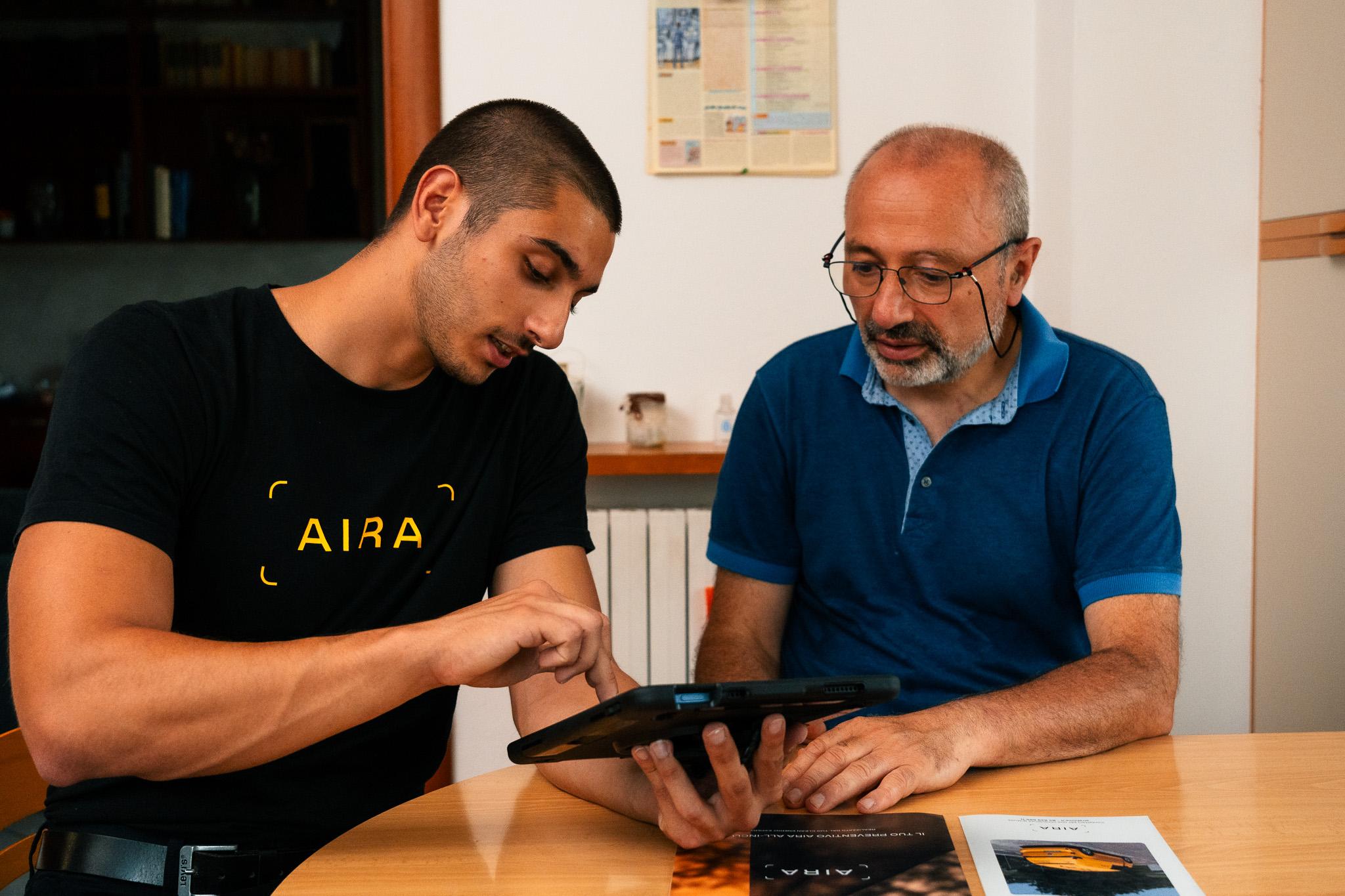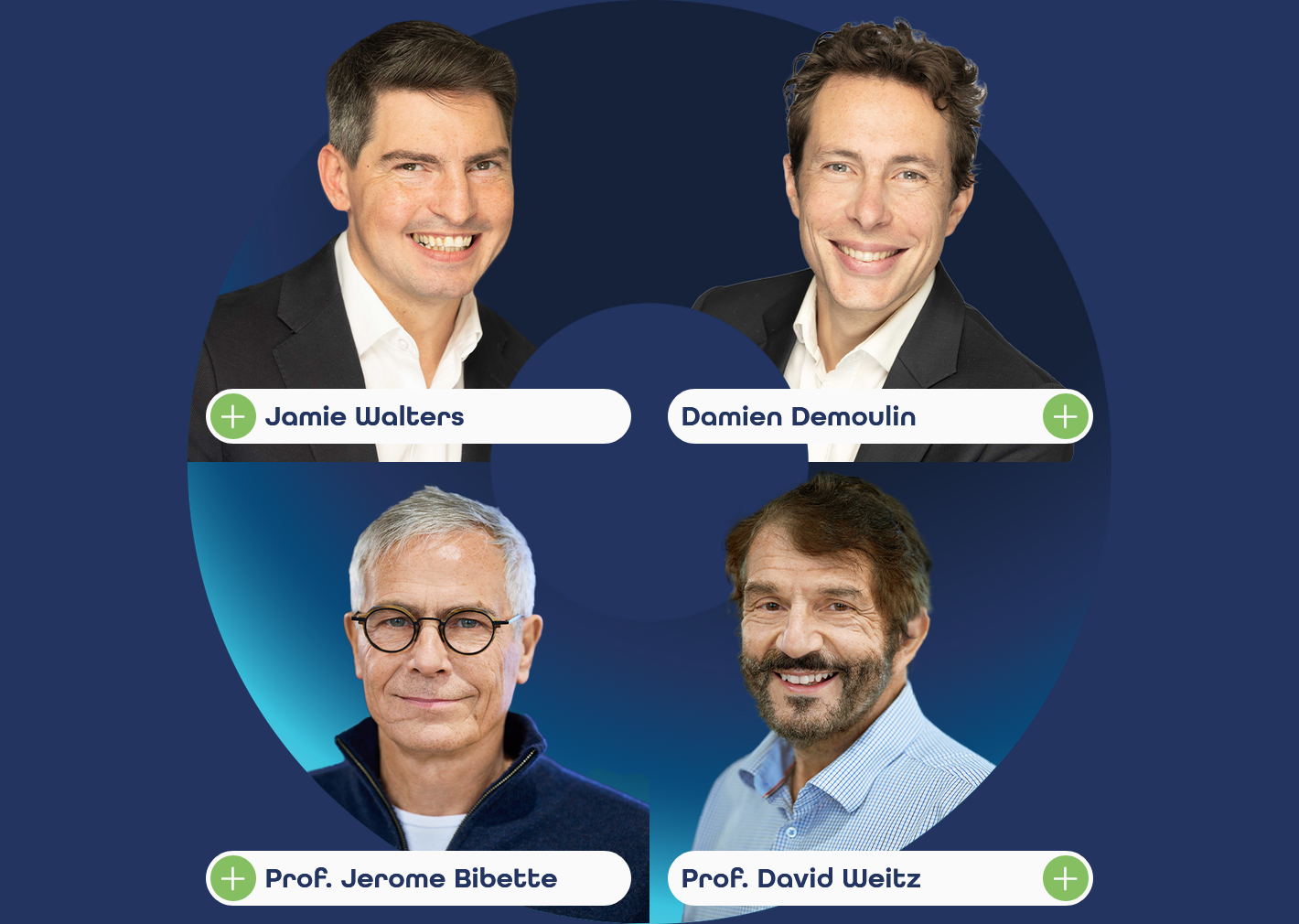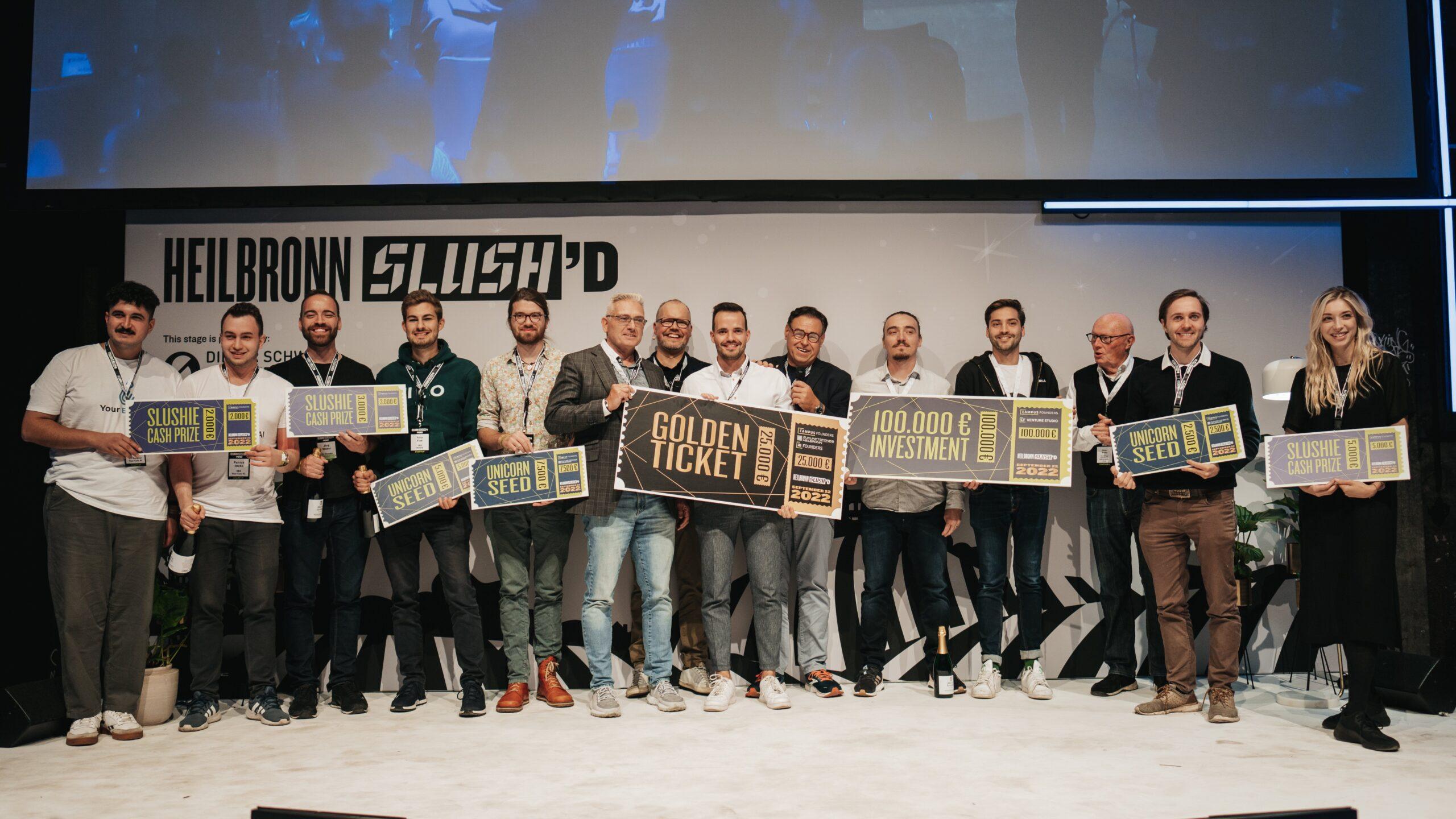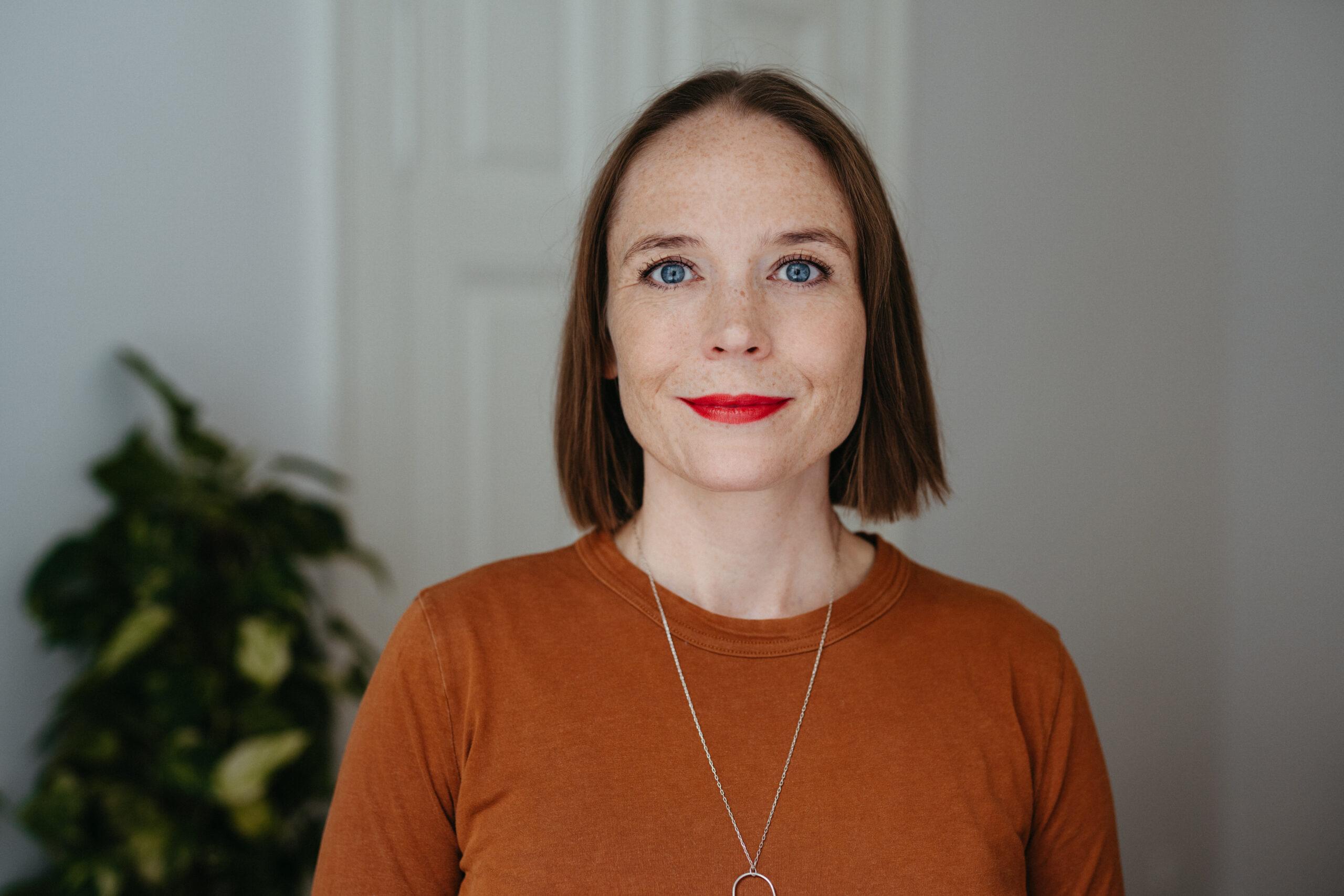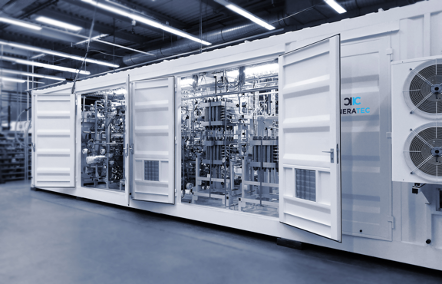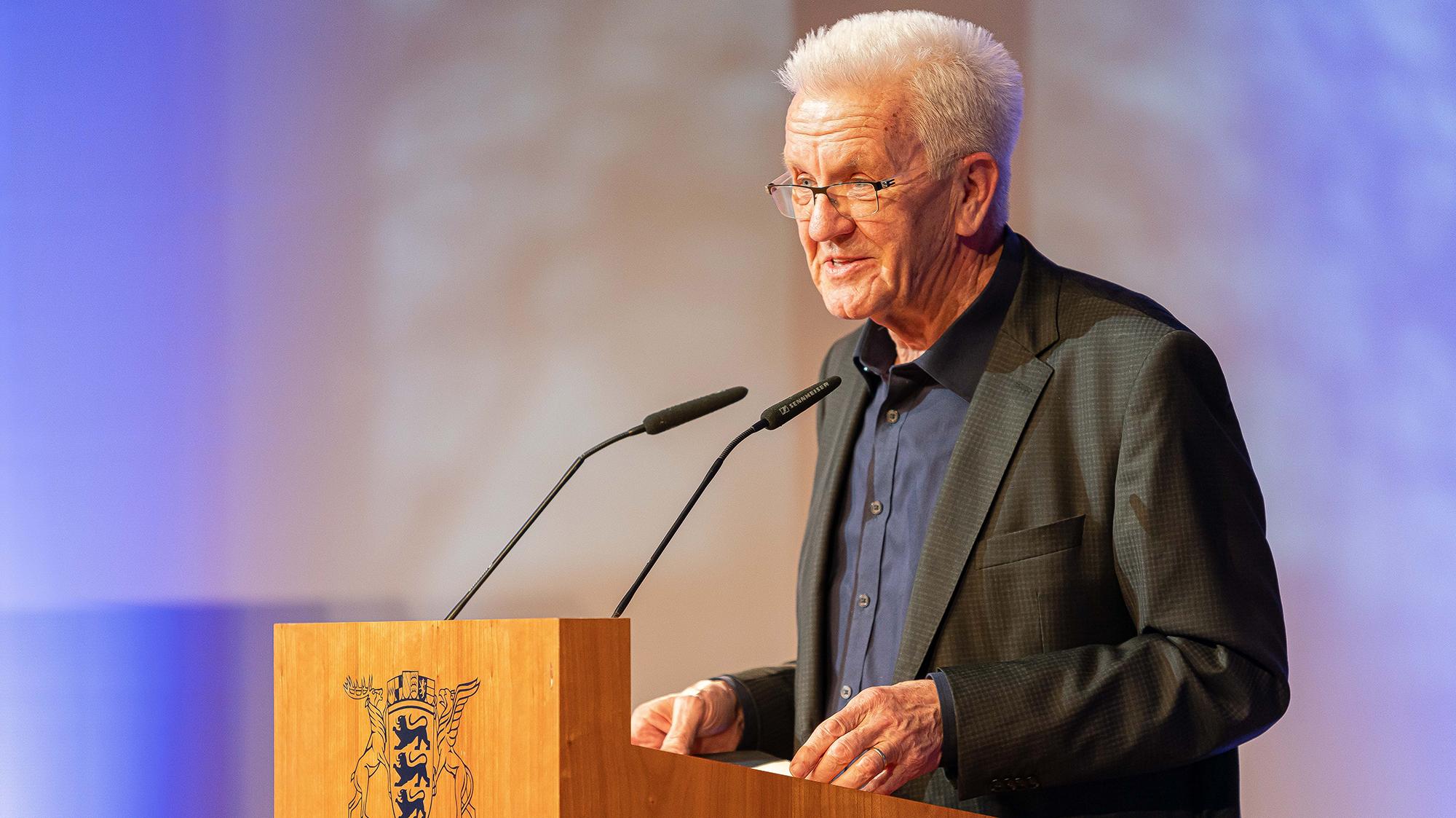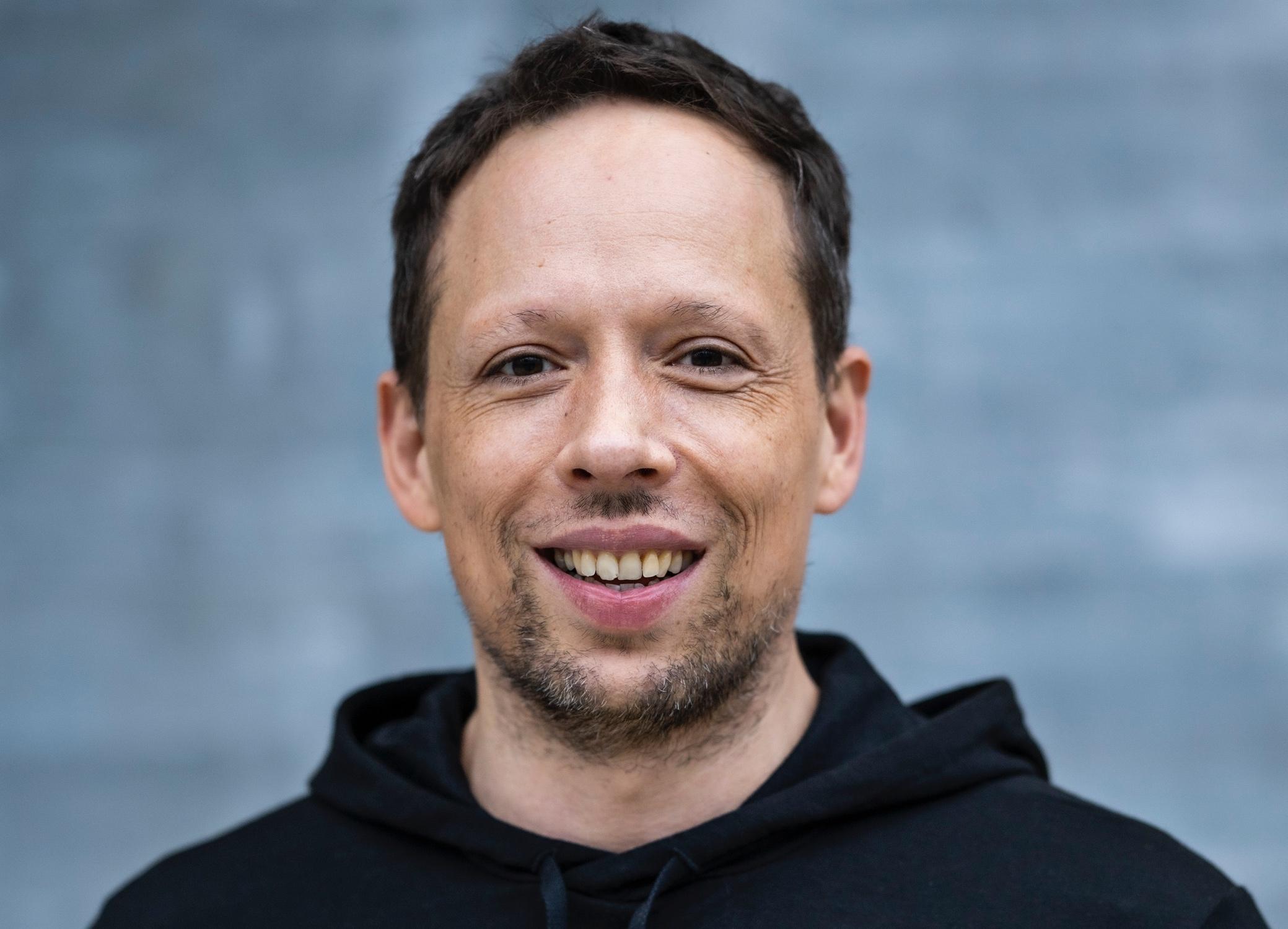"Teams should take creative freedom"
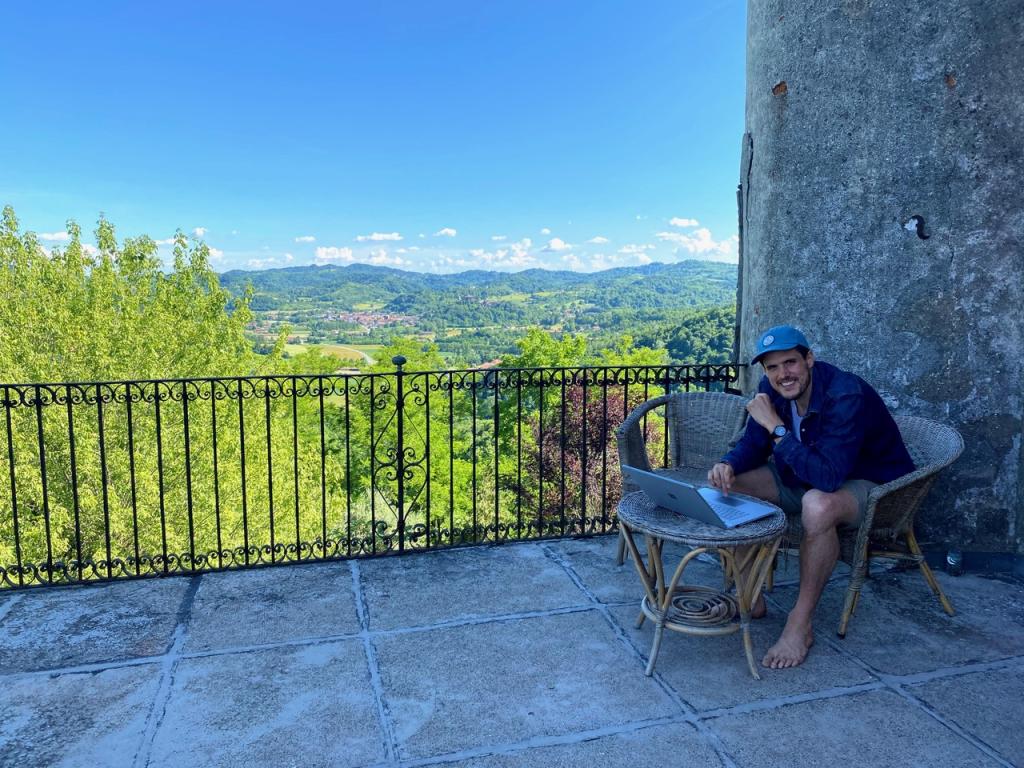
Johannes von Hoyos wants to bring people together to work in a vacation resort. How is that supposed to work?
Flipcharts between ivy-covered walls, desks positioned with a view of the mountains, coworking spaces surrounded by nature: In the Italian Alpine region of Piedmont, a campus is being built where people can meet to work together - a so-called "Workation Village". Startbase spoke to Johannes von Hoyos, head and idea generator of the company "New Work in Nature Projects".
Mr. von Hoyos, with your new project "The Workation Village", you want to create a place to work where others go on vacation. Why is that?
A lot of people in my network, including myself, have always looked for opportunities to work in nature in their private lives. Corona has intensified this. The pandemic has created excellent remote teams. But there is a lack of personal interaction, which means that the company culture is increasingly slipping away.
Do you think a concept like this can be successful?
We tested two pop-ups with friends and acquaintances from the start-up and scale-up world. We rented larger properties and worked together for one to two weeks. The first time was in the east of France. There we savored French country life. And the second time we were in Piedmont in Italy. Those were magical weeks in which we were incredibly productive.
How were you able to be so productive when the temptation of vacation is always so close?
When you bring strangers together in nature and provide exchange, good internet and food, productivity runs itself. Some participants organized yoga sessions or running groups in the hills alongside their work. You should take your creative freedom. I would therefore not recommend filling your whole day with virtual meetings and fixed appointments. After all, making contacts and inspiring each other is also indirect work. I can see it in the participants of the trial run in June, some of whom are now doing business together because they have enriched each other on campus.
Large, open spaces, so-called coworking spaces, are to be created primarily for shared inspiration. In the new world of work, these are primarily used by freelancers or smaller start-ups. Is this also your target group?
So far, 80 to 90 percent of participants have been entrepreneurs or the self-employed. In principle, however, anyone can take part. The main aim is to create a place where communities can develop. For example, if eight existing teams and another 20 freelancers come together out of 100 registered people, they quickly mix automatically and enrich each other. But we also want to connect companies from the start-up or tech sector. In May, for example, we are offering themed weeks on cleantech or food technology.
What does participation cost?
The price per person is between 125 and 145 euros per day, depending on the season. This includes accommodation, full vegetarian board and use of the coworking spaces. However, we provide grants for people who can't afford this or for companies working in the impact sector. And if you stay longer, it's cheaper.
Organizing all this will certainly take a lot of time. How do you plan to reconcile the project with your current work as a coach for scale-up companies?
A great team is being formed, including my brother who has come on board. I am also prepared to leave old projects behind and concentrate fully on the new venture. I see it as a personal, new challenge in combination with things that I have built up in the past. I also want to recreate my own lifestyle.
Are you worried that the coronavirus pandemic could ruin the project again?
I'm not naive and believe that another lockdown is possible. But we are simply operating at full speed on the assumption that it can happen. Even if the project is pushed back, our energy for it won't disappear, it will just be frozen, and I'm also convinced that in five to ten years' time, working models like this will have gained massive acceptance anyway.
Are you worried about competition?
It's not a "winner takes it all" market. There won't be any strong network effects, many projects can co-exist. In general, I think that such projects attract ambitious people. Because people are talking about what the working world of the future could look like and because they are trying to find a good connection to nature and the community.
How do you finance the fun?
So far, I have financed everything out of my own pocket. But a project like this generates cash flows relatively quickly, so you don't have to pre-finance it for years.
Will you stick with one working village in Italy or will new ones be added?
Europe has beautiful landscapes to cry about, which often lie fallow while we all kick our feet in the cities. It would be great if our project could create as many of these villages as possible. If we could revitalize areas or develop new structures. I could imagine tiny house villages, for example. Or even mixed structures, where there are a few central houses like in Piedmont, but with a few cool huts or tree houses thrown in for good measure. The surroundings should be a bit "fancy". Not luxurious, but minimalist.
Thank you very much for the interview.
Personal details: Johannes von Hoyos is a coach for start-ups and scale-up companies. He founded his first companies in the food and retail sector after graduating from high school and during his business studies, bringing frozen yogurt to Germany, among other things. The Munich native now wants to devote his future entirely to his new project.

Newsletter
Startups, stories and stats from the German startup ecosystem straight to your inbox. Subscribe with 2 clicks. Noice.
LinkedIn ConnectFYI: English edition available
Hello my friend, have you been stranded on the German edition of Startbase? At least your browser tells us, that you do not speak German - so maybe you would like to switch to the English edition instead?
FYI: Deutsche Edition verfügbar
Hallo mein Freund, du befindest dich auf der Englischen Edition der Startbase und laut deinem Browser sprichst du eigentlich auch Deutsch. Magst du die Sprache wechseln?
